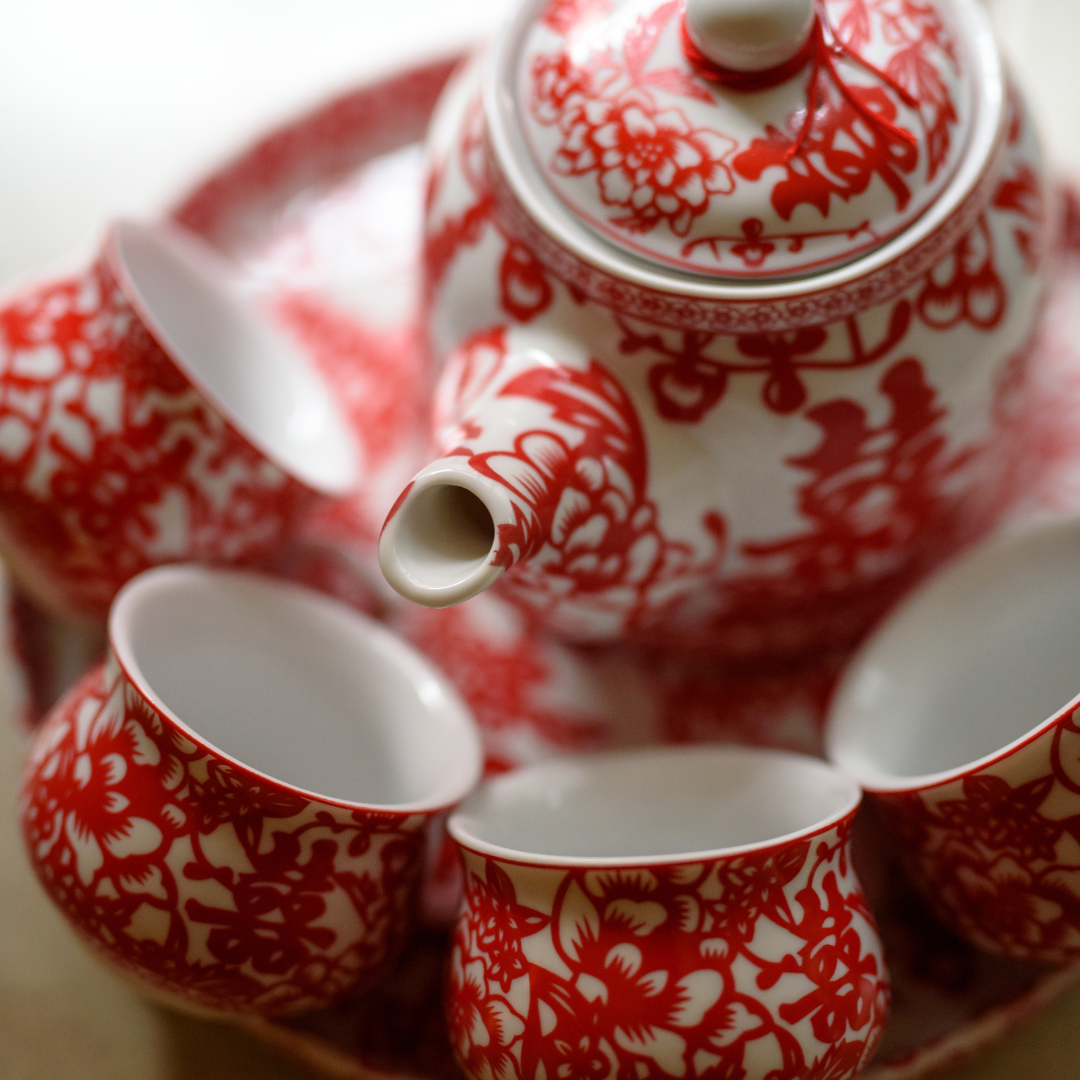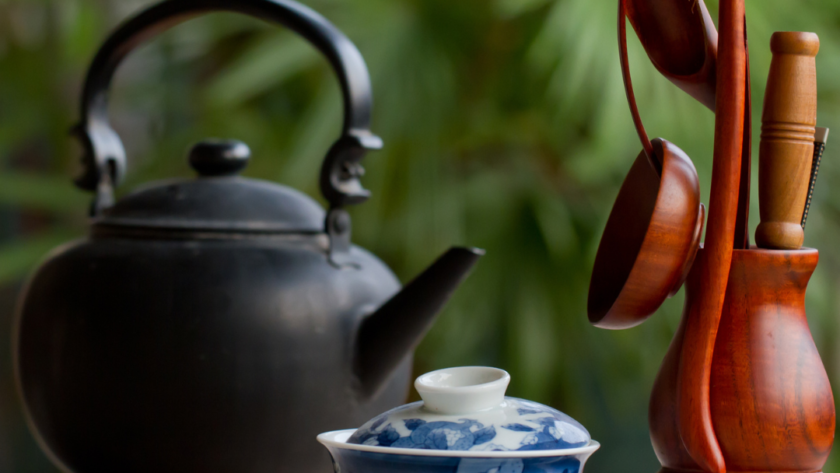Beginning your own personal journey through the rich tapestry of Chinese tea is like exploring a cultural masterpiece, one that is steeped in tradition, elegance and centuries of refinement. Indeed, if you want to indulge your curiosity for this amazing hot drink then you should continue reading this insightful article because it will unravel the fascinating history of Chinese tea, providing you with all of the insights you could ever want into the roots of this ancient practice and its enduring allure.
- The birth of tea in China
- Tea’s journey around the world
- The golden age of tea drinking
a. The birth of tea in China
The story of authentic Chinese tea from Teavision dates back thousands of years to one of the earliest emperors of China, who is believed to have discovered tea when tea leaves accidentally fell into his pot of boiling water. From this serendipitous and mythical beginning, the art of tea cultivation and preparation began to flourish across China, evolving into a sophisticated practice that is deeply embedded in the culture of the country. Over time, as tea became a staple in Chinese society, it took on a more spiritual and medicinal significance while monks in Buddhist monasteries across Asia embraced tea for its ability to promote healing, meditation and mental clarity.
b. Tea’s journey around the world
During the earliest Chinese dynasties, tea found its way onto the Silk Road, becoming a prized commodity that was traded between China, Central Asia and Eastern Europe. This period in history marked the beginning of tea’s international journey, captivating drinkers and cultures far beyond China’s borders. The intricate ceremonies and rituals that have been associated with tea-drinking across Asia have also captured the imaginations of travellers and traders alike. As tea spread to Japan, Korea and eventually Europe, it evolved into a symbol of refinement and social interaction, while in China, various tea-producing regions developed distinct varieties, each with its unique flavour profile and cultural significance.
c. The golden age of tea drinking

Lastly, later Chinese dynasties marked the zenith of tea culture in the country while the use of exquisite tea sets, teahouses and teahouse etiquette flourished during this golden age of tea drinking. Moreover, tea connoisseurship became an esteemed pursuit, with scholars and literati extolling the virtues of tea in poetry and prose alike.
To summarise, the history of Chinese tea is a captivating narrative that weaves through history, reflecting the myriad of cultural, spiritual and artistic dimensions of Chinese society.



